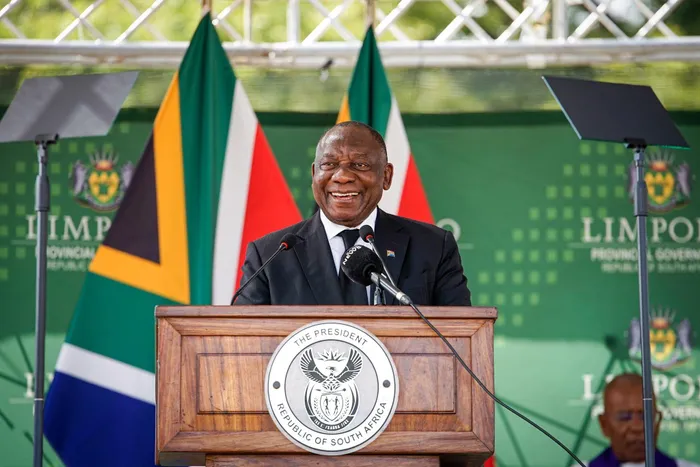Government's dialogue plan, costing R700 million, is facing public backlash
'Talk Shop While People Suffer'

The exclusion of the Mbeki, Mandela, and Kathrada foundations from the National Dialogue has sparked backlash, with analysts suggesting it’s because they’ve been openly critical of Cyril Ramaphosa's leadership.
Image: ANC/X
The South African government’s plan to spend R700 million on a national dialogue, labelled “Codesa 2.0,” has sparked intense public criticism and deepened concerns over the country’s leadership priorities.
Announced as a nation-building platform to address South Africa’s social and political divisions, the initiative promises community dialogues, a national convention, and a 30-year action plan. Yet for many South Africans facing poverty, unemployment, and a failing public service system, the plan feels disconnected from everyday realities.
“Dialogue is important, yes, but R700 million for what?” asked political analyst Sibongile Mafu. “To talk while people are unemployed, hungry, and living without basic services?”
The programme includes a National Convention in August 2025 involving over 1 000 delegates, followed by six to nine months of public engagements. An Eminent Persons Group will also be appointed to serve as ambassadors, and the process aims to produce a long-term plan focused on jobs, inequality, education, health care, and land reform.
However, critics argue that the plan is light on measurable outcomes and heavy on cost. Civil society leaders and analysts warn that the initiative risks becoming another bloated government project that benefits consultants and politically connected insiders, without delivering meaningful change.
“This is another elite circle pretending to solve problems while enriching themselves,” said Vuyo Dlamini of the Civic Accountability Forum. “We have seen this before — commissions with big budgets, catchy slogans, but no real accountability or results.”
The plan has also drawn comparisons to the Zondo Commission of Inquiry into state capture, which cost over R1 billion. While it exposed widespread corruption, few prosecutions have followed, leading many to doubt whether high-cost state-led initiatives can achieve real reform.
A key concern raised by the public is the apparent silence around unresolved political scandals, especially the Phala Phala affair involving President Cyril Ramaphosa. Social media users have warned that unless the dialogue directly addresses such issues, it will be seen as lacking credibility.
“If this dialogue avoids Phala Phala, it fails before it starts,” one post read. “It will be another expensive distraction from real accountability.”
Economist Lindiwe Radebe echoed these concerns: “We do not need another national conversation, we need delivery. People are desperate, not for more speeches, but for working water systems, electricity, and jobs.”
Amid growing anger, hashtags like #TalkShopForFriends and #R700MillionForWhat have gained traction online, reflecting frustration with a political establishment that many see as out of touch.
As the project prepares to launch, trust in the process remains fragile. Far from uniting the nation, the dialogue may be highlighting just how wide the gap between citizens and their government has become.